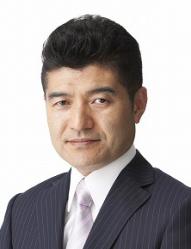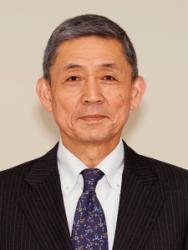

9:00 am EST - 11:00 am EST
Past Event
9:00 am - 11:00 am EST
1775 Massachusetts Avenue N.W.
Washington, DC
20036
A fundamental purpose of the U.S.-Japan alliance has always been to reduce the incentive that any adversary would have to wage war against Japan. To that end, Japan has built up the capabilities of the Self-Defense Forces over several decades, and has even partially relaxed the traditional limits concerning the use of those capabilities. For its part, the United States has clearly stated its commitment to Japan’s defense and a willingness, if necessary, to use nuclear weapons should an adversary attack Japan. Recent shifts in the regional security environment, particularly North Korea’s relentless effort to build nuclear capabilities to hit the continental United States can undermine Japanese confidence in the U.S. defense commitment. In particular, Japanese security experts worry that Washington will no longer be willing to use nuclear weapons to defend Japan once North Korea can retaliate with its own nuclear program.
On February 22, the Center for East Asia Policy Studies convened a public event examining U.S. extended deterrence in Japan and Asia. The session brought together American and Japanese scholars to discuss views of deterrence in each country and the implications of those mainstream views for addressing current and future security challenges from North Korea and China. Robert Einhorn, senior fellow in the Brookings Arms Control and Non-Proliferation Initiative, moderated the discussion. After presentations, panelists took questions from the audience.
Moderator
Panelist





Constanze Stelzenmüller
April 22, 2024

Molly E. Reynolds, Fred Dews
April 22, 2024

Jonathan Katz, Lily Conway, Norman Eisen, Robin J. Lewis, Andrii Borovyk, Josh Rudolph
April 19, 2024